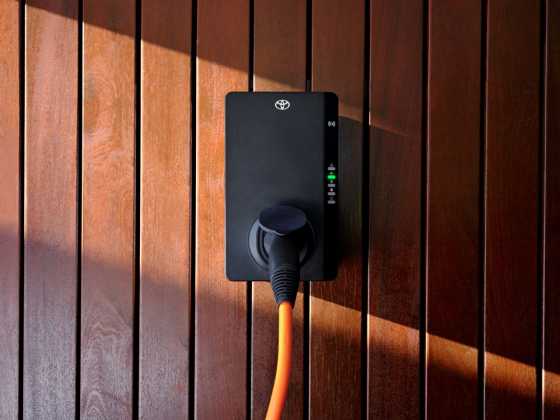Positive first results for Citroën ë-Jumpy Hydrogen trial

The SUEZ Group has been conducting real world trials of Citroën ë-Jumpy Hydrogen at its Carcassonne site in France, with the feedback overwhelmingly positive. The operations team, particularly impressed by the panel van’s overall usability, extended range and practical payload.
The site foremen at the Carcassonne location use ë-Jumpy Hydrogen exclusively for their daily activities. Their role is multifaceted, involving worksite visits, the restocking of small and large equipment supplies and emergency repair work in the event of a water leak. They regularly undertake journeys of over 60 miles – a significant distance that can be achieved multiple times with ë-Jumpy Hydrogen’s 248 mile range.
Hydrogen technology allows for optimum practicality and wide-ranging usage requirements thanks to quick refuelling times that ensure vehicles are almost permanently operational. A complete refuel takes just 6 minutes from a 350 bar pump, while stations fitted with a 700 bar pump can refill in half that time. The 10.5kWh battery – providing a 31 mile backup power supply if the hydrogen tanks run out – is very easy to charge on a standard 230V socket.
The hydrogen technology combines a Lithium-ion battery with a fuel cell connected to hydrogen tanks. When hydrogen and air are brought into contact with a catalyst, the fuel cell generates electricity to power an electric motor. The only emission produced is water vapour. Compared to a battery, a fuel cell is considered more as an energy converter than a storage device.
This hybrid solution was chosen by Citroën following research conducted in partnership with Symbio, a joint venture specialising in fuel cells created by Michelin and Faurecia. Citroën ë-Jumpy Hydrogen benefits from both a 10.5kWh Lithium-ion battery and a 45kW fuel cell, powered by three 700 bar hydrogen tanks, developed by Faurecia, with a storage capacity of up to 4.4kg of hydrogen.
The challenge in terms of energy transition is to develop renewable green hydrogen production via the electrolysis of water using electricity from wind, solar power or biogas. SUEZ Group, in association with SIPERREC, is developing a project that aims to create the first green hydrogen production and distribution plant (electricity produced from combustion of household waste transformed into hydrogen by a water electrolysis process) at an Energy Recovery Unit in Créteil in France. The plant is due to be operational by the end of 2022 and should eventually be able to produce up to 1 tonne of hydrogen per day, thereby preventing the emission of 1300 tonnes of CO2 each year.



